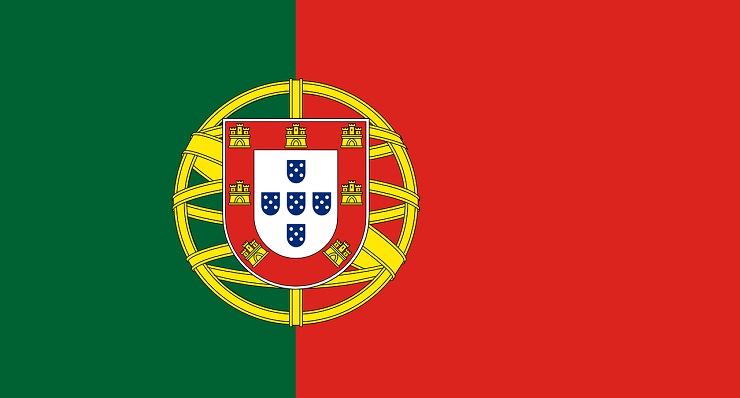 This article published by the Alliance for Securing Democracy is by Nad’a Kovalčíková and David Levine. Read the full article here.
This article published by the Alliance for Securing Democracy is by Nad’a Kovalčíková and David Levine. Read the full article here.
In January, less than two weeks before Portugal’s presidential election was scheduled, a new wave of the coronavirus threatened to overwhelm hospitals and led the Portuguese government to put the country back under lockdown. But unlike other countries, which postponed elections due to similar events, Portugal’s election moved forward as scheduled. While Portugal’s elections appeared well administered, Portugal made some missteps in the run up to the election that made it more vulnerable to potential interference, contributed to lower than expected turnout, and increased the risk of making its citizens more distrustful of their democracy.
Turnout was approximately 39 percent, the lowest ever recorded for a presidential election in Portugal. Understandably, some voters chose to stay home rather than vote in-person and risk exposure to the coronavirus. Portugal offered both in-person early and election day voting, but it did not offer other ways to vote, such as postal voting, which made it harder for certain groups of voters to successfully cast ballots, including Portuguese emigrants. Special voting arrangements, such as early and postal voting, expand voting opportunities to individuals who are otherwise not able to vote, facilitating the principle of universal suffrage. This can also increase the perception of the legitimacy of the elections’ outcomes and voters’ confidence in the process.
And while Marcelo Rebelo de Sousa, Portugal’s center-right president, easily secured another five-year term with approximately 61 percent of the vote, Andre Ventura, a far-right ultranationalist, came in third with almost 12 percent of votes. This development is notable considering that Ventura’s political party, Chega, is only a couple years old, and that Portugal had long stood out previously in Europe for not having a far-right presence in its legislature.
Read the full story here.
Leave a Reply